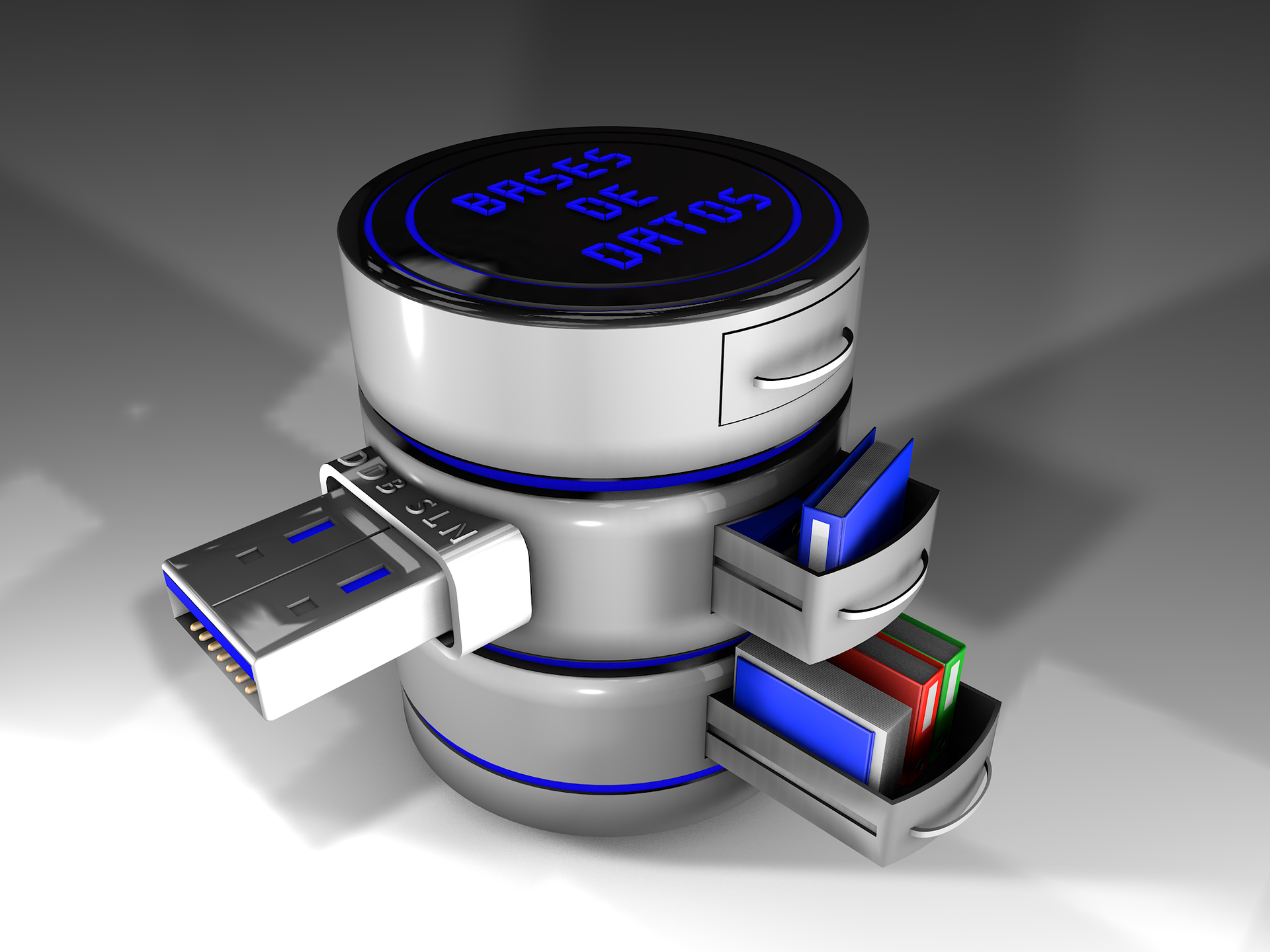The quality of research with real-world evidence
Keywords:
The quality of research, Editorial Policies, Data Collections, Peer Review / standards, Data collection, Epidemiologic Methods, Medical Records Systems, Computerized, Reproducibility of Results, Ethical Analysis, Real World Data, Real World Evidence, RECORD Statement, Reporting guidelines to pharmacoepidemiological research, RECORD_PE, REporting of studies Conducted using Observational Routinely-collected DataMain Article Content
Most of the medical practice has not been proven by controlled clinical trials, and there are no plans to conduct such trials in order to decrease clinician uncertainty. This happens partly due to the difficulty of making designs with scientific and ethical validity, the costs of this type of research and the time required to generate results, which can be several years. Clinical trials do not have the capability to generate information that allows to make decisions in some sectors of clinical care and public health, such as when an epidemic occurs. Therefore, medical science is based on observational studies, past practices and therapeutic tradition (1).
Observation of clinical data that have defined a clinical behavior precedes the clinical trial. The knowledge about scurvy, the fact that this pathology is considered a nutritional deficiency and its treatment with citrus fruits, originated thanks to the collection of clinical data on sailors, soldiers and prisoners of the British Crown in the 18th and 19th centuries (2). This clinical information, which was collected uniformly and served to produce new knowledge, is what is now known as Real World Data (RWD). A modern definition of RWD would be one that talks about data obtained by any non-interventionist methodology that is collected prospectively and retrospectively from observations of routine clinical practice, and which comes from various sources including data from patients, doctors, hospitals, payers, social data, etc (3).
Downloads

This work is licensed under a Creative Commons Attribution-NonCommercial 4.0 International License.
The copy rights of the articles published in Colombia Médica belong to the Universidad del Valle. The contents of the articles that appear in the Journal are exclusively the responsibility of the authors and do not necessarily reflect the opinions of the Editorial Committee of the Journal. It is allowed to reproduce the material published in Colombia Médica without prior authorization for non-commercial use



 https://orcid.org/0000-0001-8091-9954
https://orcid.org/0000-0001-8091-9954